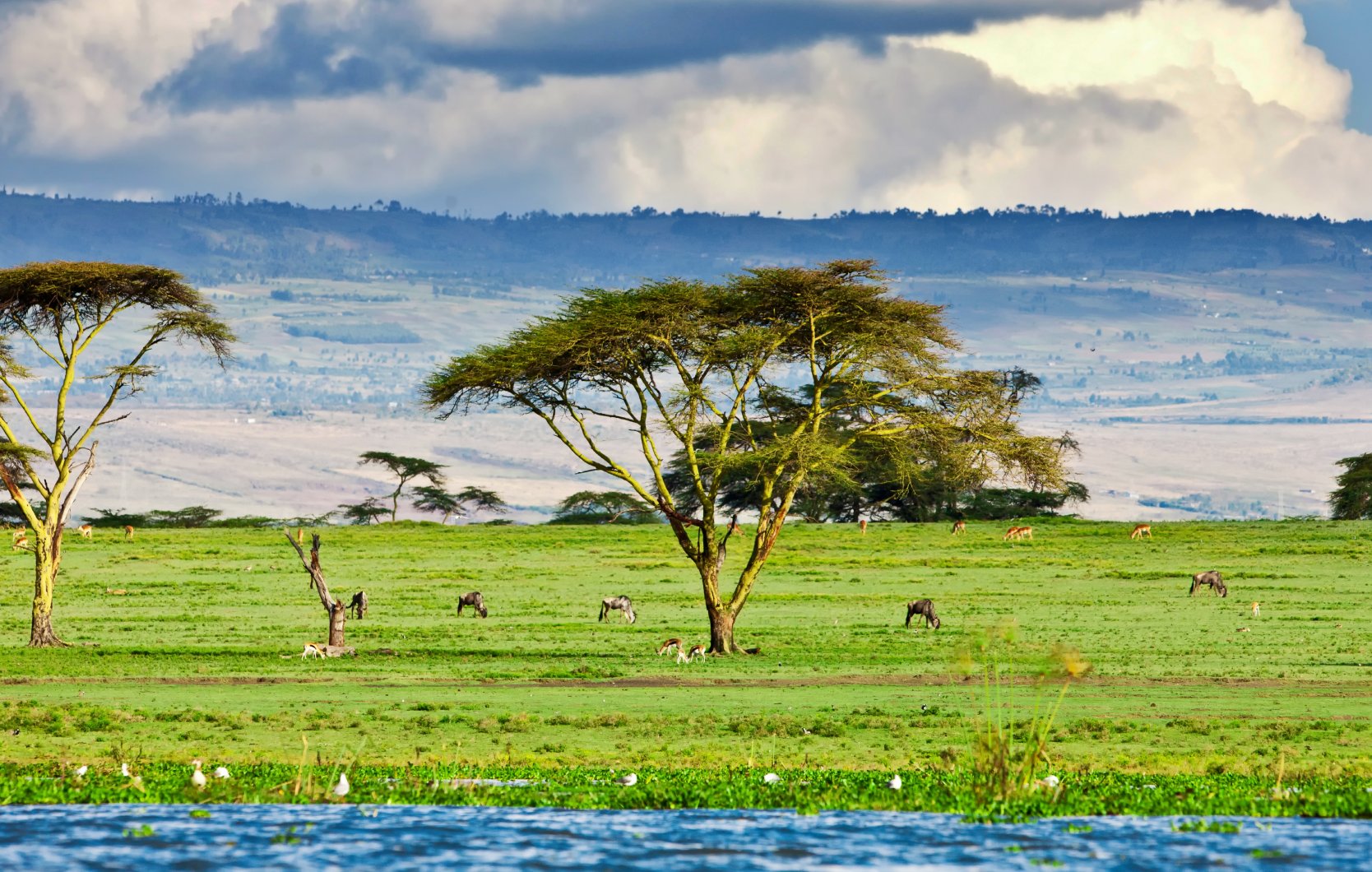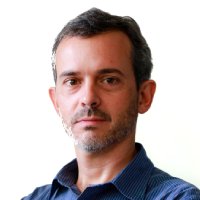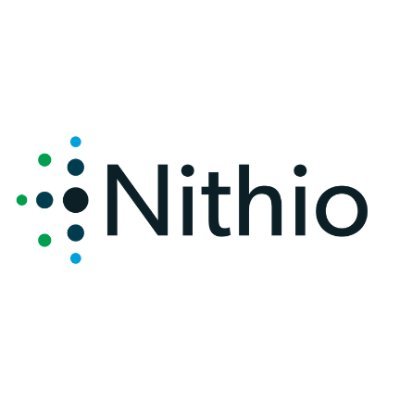Kate Wharton is the Managing Director & Head of Natural Capital at CrossBoundary, a 2022 Lab proponent. The Fund for Nature instrument is Africa’s first debt fund for high-integrity, nature-based carbon projects.
Tell us about your organization’s climate finance goals and achievements.
CrossBoundary has more than a decade of experience as an investment firm focused on high-impact transactions emerging and frontier markets. Our goal as a firm is to unlock private capital for underserved markets, and while we are sector agnostic, a large proportion of our work has either an explicit or implicit focus on climate finance. This includes renewable energy and energy transition projects (including new technologies such as green hydrogen and electric mobility), regenerative and climate-smart agriculture, water and waste management, and nature-based solutions. In fact, we like to say that “every deal is a climate deal” and “every deal is a blended finance deal” – we just don’t always do a good job of pricing positive and negative externalities!
We measure success by dollars invested, by our support to pioneering transactions, and by the impact they create. Our advisory practice has supported hundreds of transactions valued at billions of dollars, and we also advise governments and investors on their climate finance strategies. In parallel our investment platforms are developing and financing hundreds of millions of dollars of clean energy projects in some of the most challenging markets in the world, crowding much needed capital into tangible climate finance solutions in the mini-grid and C&I (Commercial and Industrial) clean power space.
The Fund for Nature is CrossBoundary’s third climate investment platform, focused on nature-based carbon projects with strong co-benefits for biodiversity, livelihoods, and climate adaptation. Our goal is to scale investments in nature across Sub-Saharan Africa and ultimately globally, by utilizing carbon pricing mechanisms such as the Voluntary Carbon Market. We are also deeply committed to helping shape this small but rapidly evolving market in the direction of high-integrity projects, equitable benefit-sharing, and stronger flows of capital into underserved markets.
In your view, what should climate finance actors be paying more attention to?
Nature! Natural climate solutions make up more than a third of the climate solutions we need, yet they receive less than 2% of climate finance globally – and an even smaller proportion of private capital. Making nature investable, and getting these pioneering deals done, is the great task of our time. In the face of an estimated $700B+ annual funding gap for nature, and our precipitous position at the edge of multiple planetary boundaries linked to climate and nature, climate finance actors cannot afford to neglect natural climate solutions.
What does your organization gain from the Lab Network?
Tackling the climate crisis is a collective undertaking that requires an unprecedented degree of collaboration, and we are thrilled to be a part of the Lab Network in service of this goal. We have already benefited enormously from the Lab’s programming and community of dedicated members and supporters. As part of the 2022 cohort, our Fund for Nature team had the opportunity to learn from peers launching climate funds, collaborate with a working group of diverse industry experts, and share our vision widely through pitch days and other events.
What are the most significant barriers to climate finance in the private sector?
In underserved markets, we often see high transaction costs, availability of bankable projects, and information asymmetry as significant barriers to investment. Investors often lack local presence, expertise in the market, and access to quality investment opportunities. At the same time, business owners face challenges connecting with capital sources, engaging with governments, articulating their value, and negotiating terms. Additionally, governments often lack the internal resources to structure and develop fully bankable projects in a way that attracts strong private sector participation. These challenges, along with lack of trust between counterparties, can raise the cost and extend the timelines of an otherwise attractive transaction.
For natural climate solutions specifically, the pipeline of investable projects is a real challenge, and the question is often around what can be monetized, and who will pay (this is where carbon markets can play an important role). There is also a need for more fit-for-purpose investment vehicles. For example, this may mean designing for smaller transactions, or bringing in the necessary expertise to diligence and support value creation for projects utilizing payment for ecosystem services. Financing natural climate solutions often requires blended finance approaches, which can have higher costs to design and set up for the first time.
Natural climate solutions make up more than a third of the climate solutions we need, yet they receive less than 2% of climate finance globally – and an even smaller proportion of private capital. Making nature investable, and getting these pioneering deals done, is the great task of our time.
What does your organization bring to the Lab Network?
As Lab alumni, we are excited to continue engaging with and contributing to the community. CrossBoundary brings practical experience in blended finance for climate, and a deep bench of investment professionals working in and based across emerging and frontier markets globally. We are hoping to share ideas and best practices, collaborate on market-shaping initiatives, and very practically support climate transactions.

Other than the Lab, what are other climate finance initiatives your organization is engaged in?
We have two active climate finance platforms, CrossBoundary Energy, an investment platform that is one of the largest supplier of financed renewables and storage directly to enterprises in Africa, and CrossBoundary Energy Access, a blended finance platform which is the largest provider of project finance to innovative solar-storage mini-grids that are providing a new path to bringing first time power to the 600M people without electricity access in Africa. In 2022, CrossBoundary was recognized by ImpactAssets as a Top 50 Impact Fund Manager, and CrossBoundary Energy was awarded Solar Company of the Year by the African Solar Industry Association.
Our advisory team is the lead transaction advisor for USAID’s Climate Finance for Development Accelerator, a global flagship climate finance activity that aims to mobilize private finance and private sector actions to support the transition to an equitable and resilient net-zero economy, helping countries meet their Nationally Determined Contributions and National Adaptation Plans under the Paris Agreement. We are also transaction advisors under various USAID clean power programs including Power Africa’s programs in Southern Africa (SAEP), West Africa (WAEP), and Nigeria (NPSP), and across Asia (SAREP – South Asia, BADGE – Bangladesh, VUES – Vietnam). Under such donor funded programs, or in direct engagement with private sector players such as developers, investors, or governments, we support the deployment of capital into a range of climate projects across emerging markets.
We are a Terra Carta Supporter as part of their Sustainable Markets Initiative, as well as members of the Nairobi Climate Network . For COP28, we were the lead authors of the Sharm el Sheikh Guidebook for Just Financing’s chapter on enhancing the investability of climate projects in developing economies.





